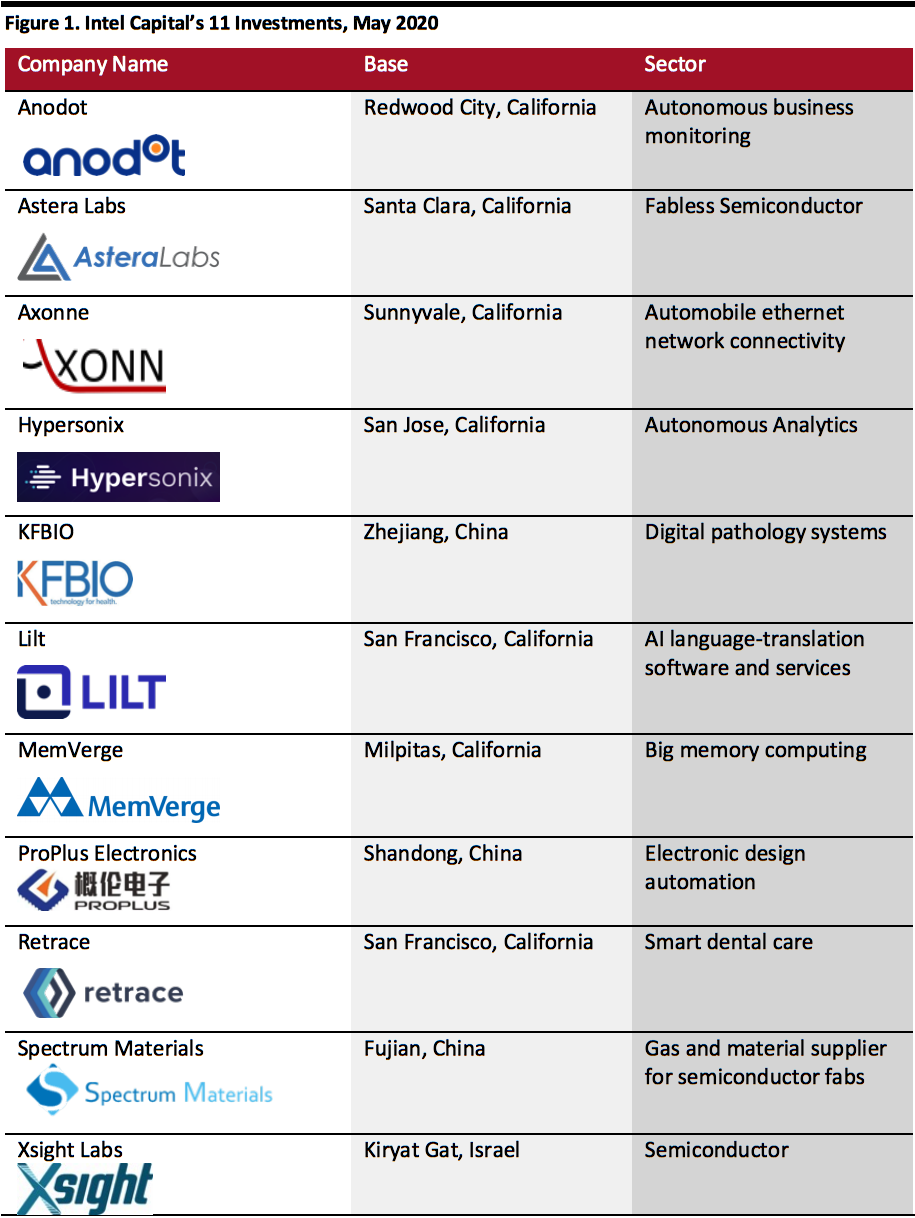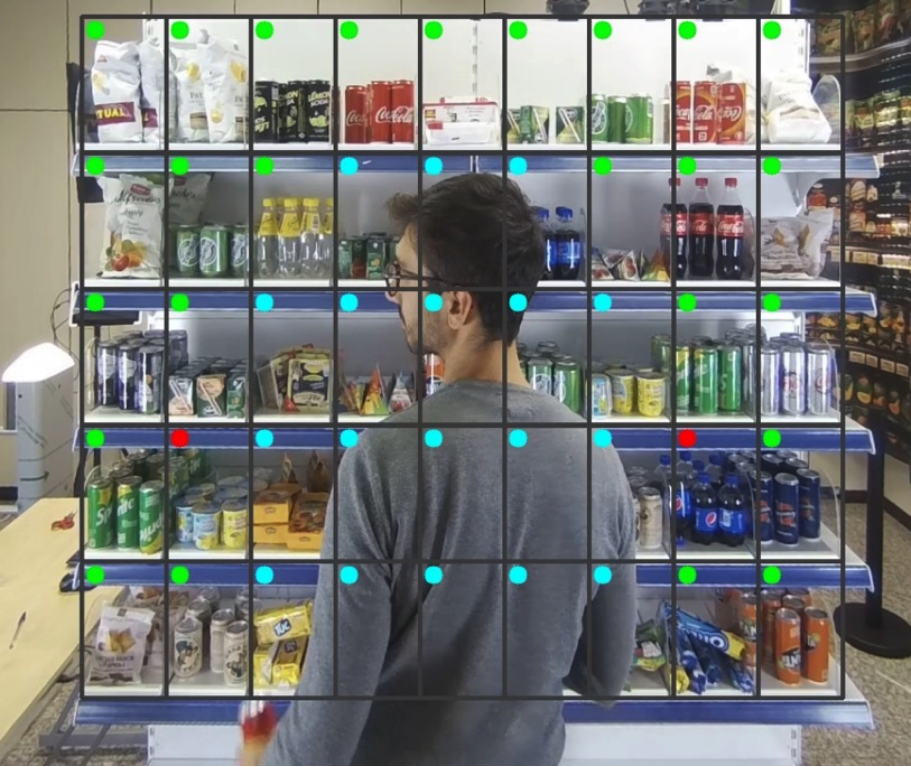
Nitheesh NH
In our AI in Retail series, we discuss how AI is transforming the way retailers operate and interact with customers. In this report, we discuss the growing retail analytics sector and recent major funding activity for AI startups.
The coronavirus outbreak has accelerated the digital transformation of many companies, because they have experienced a greater need to achieve increased visibility over their supply chains and inventory. A number of companies are taking the opportunity to introduce or upgrade their retail analytics technology.
Some startups are leveraging AI to build retail analytics tools, which analyze factors such as inventory levels and supply chain movement to generate insights for marketing and merchandising. With real-time supply chain visibility, retailers can be alerted to manufacturing or shipping issues before delays occur, and adjust inventory levels accordingly. Retailers can also use accurate and timely forecasting to plan product releases.
The retail industry is one of the largest spenders on AI, and retail AI spending is projected to grow from $2 billion in 2018 to $7.3 billion in 2022, at a 38.2% CAGR, according to Juniper Research. Despite the ongoing global pandemic, we observe healthy funding and merger and acquisition (M&A) activities in AI startups. In addition, as companies rush to achieve digital transformation, new products continue to be introduced to market.
 Bluecore Site Capture enables retailers to create personalized campaigns for site visitors
Bluecore Site Capture enables retailers to create personalized campaigns for site visitors
Source: Bluecore[/caption] DefinedCrowd, a smart data-curation platform, announced that it raised $50.5 million in equity financing on May 26, 2020. Based in Seattle, US, the company combines machine learning and human intelligence to validate data input and generate structured data for AI model training. Developers can use the generated data sets to test and improve the performance of algorithms. DefinedCrowd saw 656% year-over-year growth in revenue in 2019. It is on the way to becoming a global trusted source for AI data and received ISO 27001 certification, the highest standard for information security, in 2019. Notable clients include BMW and Mastercard. The company, which has offices in Portugal, Japan and the US, plans to increase its workforce to 500 staff and open more research and development labs by 2021. Source: Intel/company websites[/caption]
Source: Intel/company websites[/caption]
 The Yes app
The Yes app
Source: The Yes/App Store[/caption] A graphic from Checkout Technologies
A graphic from Checkout Technologies
Source: Checkout Technologies/TechCrunch[/caption] Standard Cognition was among the first startups in the autonomous checkout space. It operates a cashierless convenience store in San Francisco, US. The company’s solution can be installed in retailers’ existing stores to quickly deliver a frictionless shopping experience to consumers—which is particularly appealing given the current Covid-19 situation, as cashierless checkout reduces required contact by limiting interactions. With the acquisition, Standard Cognition gains an immediate presence in Europe and possibly more exposure. The company has raised $86 million in funding in total, from Y Combinator and other high-profile investors. FastSensor’s ADAM Solution
FastSensor’s ADAM Solution
Source: FastSensor[/caption]
Funding in AI Startups Continues To Flow
While many sectors are observing a freeze in funding activities, two AI companies raised significant funding in May 2020. Bluecore, a retail marketing technology firm, raised $50 million on May 26, 2020. The company uses machine learning to analyze data from channels such as email, social media and site activity to provide insights about customers. The company’s Bluecore Retail Performance Cloud focuses on three aspects: increasing revenue generated by email marketing, winning consumers’ crucial second purchase with a retailer or brand and predicting consumers’ next find. It functions as a personalized email service provider, targeting audiences across multiple paid and owned channels—including social media platforms, email and company websites. CVS, Sephora and Tommy Hilfiger are among Bluecore’s customers. [caption id="attachment_110596" align="aligncenter" width="700"] Bluecore Site Capture enables retailers to create personalized campaigns for site visitors
Bluecore Site Capture enables retailers to create personalized campaigns for site visitorsSource: Bluecore[/caption] DefinedCrowd, a smart data-curation platform, announced that it raised $50.5 million in equity financing on May 26, 2020. Based in Seattle, US, the company combines machine learning and human intelligence to validate data input and generate structured data for AI model training. Developers can use the generated data sets to test and improve the performance of algorithms. DefinedCrowd saw 656% year-over-year growth in revenue in 2019. It is on the way to becoming a global trusted source for AI data and received ISO 27001 certification, the highest standard for information security, in 2019. Notable clients include BMW and Mastercard. The company, which has offices in Portugal, Japan and the US, plans to increase its workforce to 500 staff and open more research and development labs by 2021.
Intel Capital Commits Funding to AI Startups
Intel Capital, the global investment organization for Intel, announced the commitment of $132 million to 11 startups in May 2020. These 11 startups are disruptors in AI, autonomous computing and chip design. The funding falls within three categories: building a connected future, accelerating business with data and improving healthcare with AI. Three of the companies are based in China, one is from Israel and the rest are from California. Intel Capital is on track to invest between $300 million and $500 million this year. In 2019, the company spent $466 million across 71 investments, 35 of which were follow-on investments. [caption id="attachment_110597" align="aligncenter" width="700"] Source: Intel/company websites[/caption]
Source: Intel/company websites[/caption]
Apparel Sector Sees Launch of AI E-Commerce App
The Yes, is an AI e-commerce app founded by Julie Bornstein, former COO of online personal styling service Stitch Fix, that was launched in May 2020. The app asks consumers style-related questions and lets them vote yes or no on items to generate a curated feed of brand preferences. The platform includes both premium and economy brands—such as Gucci and Everlane, respectively—and integrates one-tap purchasing and price-matching functions. Shoppers can find each brand’s full online collection and receive free shipping as well as returns services. Originally, the app was set to launch in March, but this was delayed due to the coronavirus pandemic. During those two months, the platform added 20 more brands, reaching almost 150 in total. The Yes is an app-only company and does not have a subscription model. It received $30 million Series A funding led by Forerunner Ventures in 2019. [caption id="attachment_110598" align="aligncenter" width="700"] The Yes app
The Yes appSource: The Yes/App Store[/caption]
Standard Cognition Acquires Checkout Technologies
Autonomous-checkout solution provider Standard Cognition announced its acquisition of Checkout Technologies on May 19, 2020. Based in Milan, Italy, Checkout Technologies uses AI to develop frictionless checkout solutions for brick-and-mortar stores. The technology can detect anomalies on shelves, such as misplaced items (red in the image below, with blue tagging items that are blocked from view). [caption id="attachment_110599" align="aligncenter" width="700"] A graphic from Checkout Technologies
A graphic from Checkout TechnologiesSource: Checkout Technologies/TechCrunch[/caption] Standard Cognition was among the first startups in the autonomous checkout space. It operates a cashierless convenience store in San Francisco, US. The company’s solution can be installed in retailers’ existing stores to quickly deliver a frictionless shopping experience to consumers—which is particularly appealing given the current Covid-19 situation, as cashierless checkout reduces required contact by limiting interactions. With the acquisition, Standard Cognition gains an immediate presence in Europe and possibly more exposure. The company has raised $86 million in funding in total, from Y Combinator and other high-profile investors.
AI Applications for Social Distancing
Technology company FastSensor gathers information through non-personal signals from mobile devices to provide on-site customer behavior tracking solutions to improve consumer engagement. The company recently launched a solution called Active Distance Alert & Monitoring (ADAM), which provides up-to-the-minute data on the proximity and concentration of people within a specific location—allowing retailers to ensure that their stores are effectively implementing social distancing practices in the current Covid-19 environment. FastSensor records customers’ movement and actions in different locations and presents a unified view in near-real time on its cloud platform. [caption id="attachment_110600" align="aligncenter" width="700"] FastSensor’s ADAM Solution
FastSensor’s ADAM SolutionSource: FastSensor[/caption]